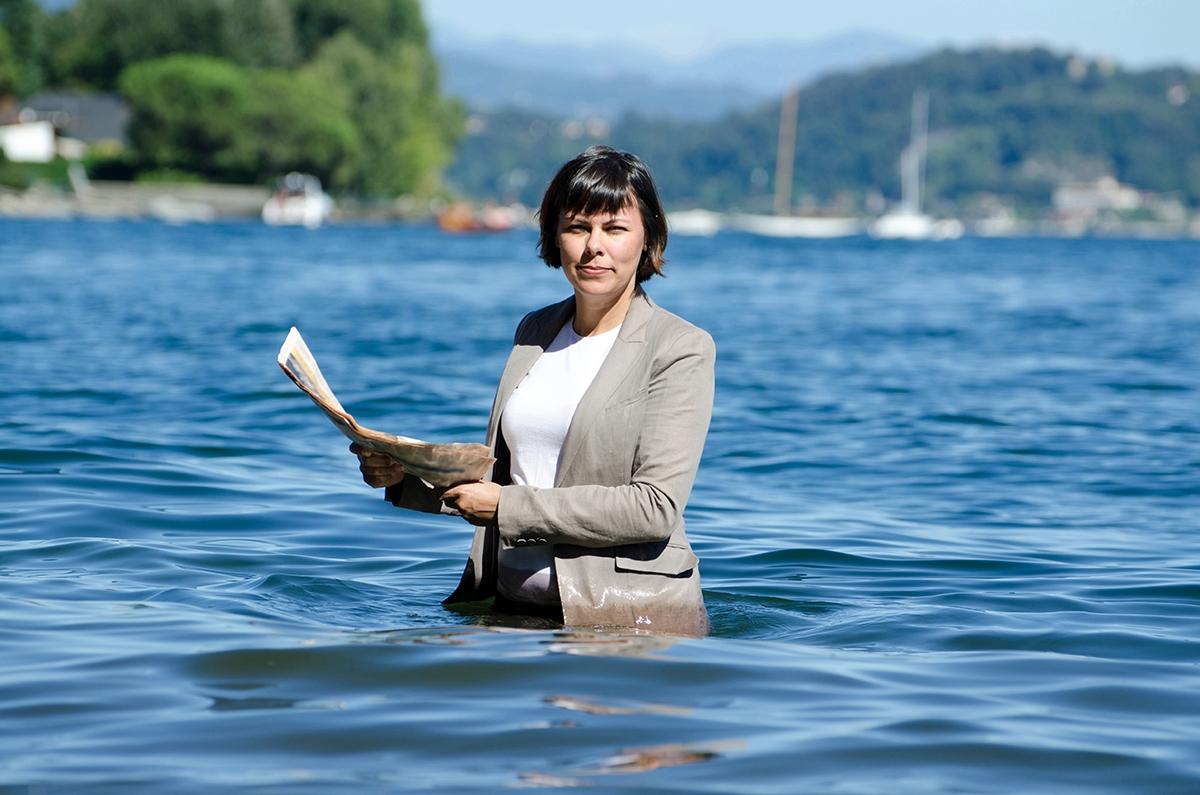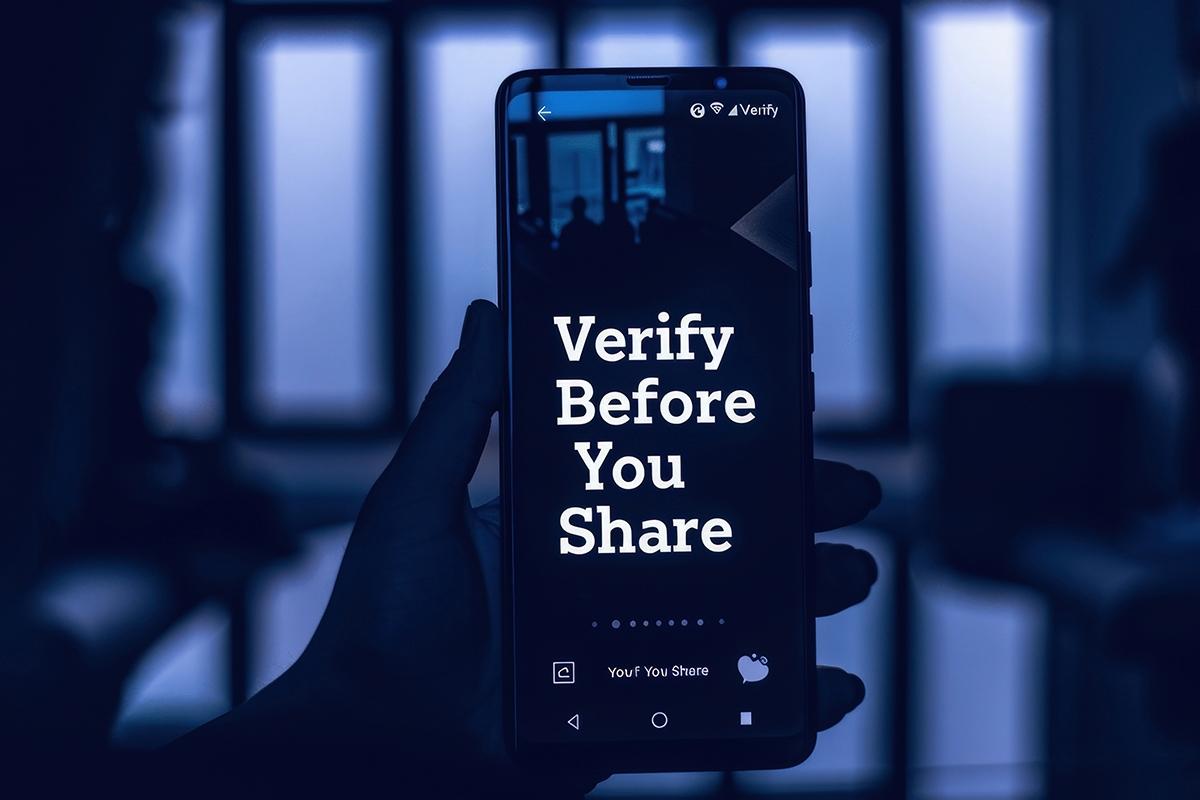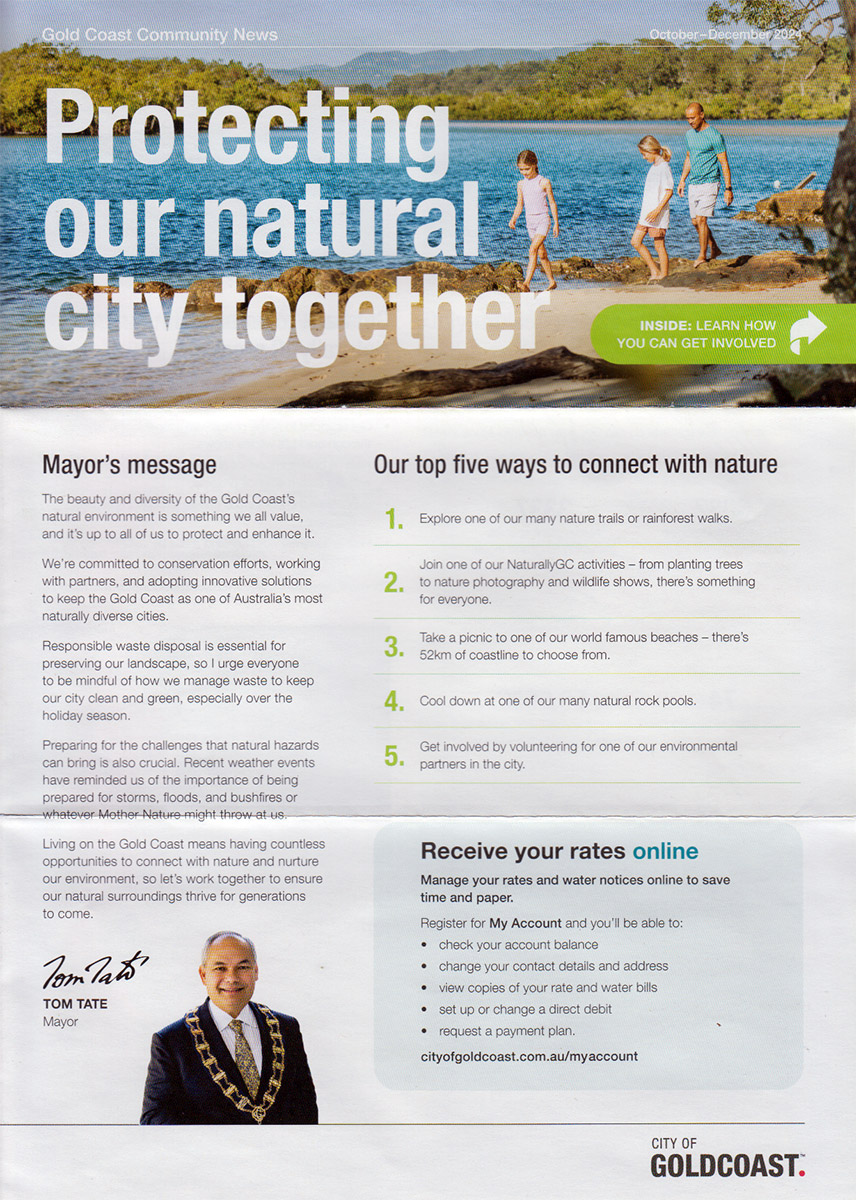Identifying Misinformation Online

- Dec 20, 2024 modified: Jan, 23 2025
Identifying Misinformation Online
Unverified: Australia's Struggles with Digital Misinformation
The digital age has transformed how we access information, with Australians turning to social media and online platforms more than ever before.
However, this convenience comes at a cost. A recent study reveals a startling reality:
97% of adult Australians struggle to identify and verify misinformation online, scoring less than 50% on a test designed to measure these critical skills.
This deficiency in digital literacy isn't just a personal shortcoming—it's a societal crisis. From fake health advice to political propaganda, the inability to discern truth from falsehood threatens informed decision-making at every level.
Let's dive deeper into why there is rampant misinformation and how we can be more
Exploring the Digital Landscape
In an era dominated by online connectivity, Australians increasingly rely on digital platforms as their primary sources of news and information. Social media, in particular, has emerged as a central hub. While this democratization of information has its benefits, it also creates fertile ground for the rapid spread of misinformation.
Misinformation is not a new phenomenon, but the speed and scale at which it propagates have reached unprecedented levels. he challenge lies in its ability to blend seamlessly with legitimate content, making it harder for individuals to discern fact from fiction.
The Role of Social Media as an Information Gateway
Australians spend a significant portion of their time online, with platforms like Facebook, Instagram, and X (formerly Twitter) leading the way. These platforms are designed to prioritize engagement, often amplifying sensational or controversial content over verified and reliable information. This algorithm-driven environment creates an echo chamber effect, where users are more likely to encounter content that aligns with their existing views, regardless of its accuracy.
How to Outsmart Misinformation
With a little know-how and curiosity, you can outsmart even the sneakiest false claims. Here are some practical, friendly tips to sharpen your fact-checking skills:
1. Question the Source
Ask yourself: Who's behind this information? A credible source will typically have clear authorship, accountability, and a history of accurate reporting. If the source is vague, anonymous, or trying too hard to sound official, it's time to dig deeper.
2. Watch for Emotional Triggers
Does the content make you feel overly angry, shocked, or scared? Misinformation thrives on strong emotions to make you react before you think. Take a deep breath, and examine the facts. The more dramatic the tone, the more cautious you should be.
3. Verify Before You Share
A quick search can save you from spreading fake news. Use fact-checking websites like Snopes, FactCheck.org, or AAP FactCheck to confirm the story. Think of it as your digital good deed for the day!
4. Don't Judge a Post by Its Design
Sleek graphics, fancy fonts, or "official-looking" logos don't guarantee credibility. Even shady sites know how to look professional. Focus on the content, not just the window dressing.
5. Use Reverse Image Search
Those jaw-dropping photos might be recycled from years ago—or not even real. Use tools like Google's reverse image search or TinEye to check where an image came from and if it's been used in different contexts.
6. Check the Date
Sometimes misinformation isn't fake; it's just outdated. A story from 2010 being recycled as breaking news can mislead people into thinking it's relevant now. Always confirm the timeline.
7. Be Wary of Clickbait Headlines
Headlines like "You Won't Believe What Happened!" are designed to grab attention, not provide accurate information. Clickbait often overpromises and underdelivers. Read beyond the headline before forming an opinion.
8. Compare Multiple Sources
Trustworthy information can withstand scrutiny. If a story appears in only one place, especially if the outlet isn't reputable, it's worth investigating. Cross-check with other credible sources to see if the story holds up.
9. Know Your Fact-Checking Allies
Bookmark reputable fact-checking resources like AAP FactCheck, PolitiFact, or Full Fact. They're there to do the heavy lifting for you, and using them shows you care about accuracy.
10. Stay Curious, Not Cynical
It's easy to fall into a pattern of mistrust, but cynicism can close you off to real information too. Instead, approach everything with curiosity. Ask questions, investigate, and remember: being informed is a process, not an instant result.
By adopting these habits, you'll be better equipped to spot misinformation and make informed decisions in your online life. A little skepticism paired with a curious mind can go a long way in navigating the digital world.
Media Literacy
Media literacy is one of the most powerful tools we can use to navigate the increasingly complex digital world. It's more than just being able to read and understand media—it's about critically engaging with the content we consume.
At its core, media literacy is about critical thinking. It involves analyzing the content you encounter by asking the right questions:
- Who created this?
- What is their purpose?
- Are there any hidden agendas or biases?
- What is the context in which this information is presented?
A media-literate person doesn't take content at face value. Instead, they look at the bigger picture, questioning motives and dissecting the message behind the words.
Evaluating Sources and Information
One of the most critical aspects of media literacy is learning how to evaluate sources. Not all information is created equal, and not all sources are trustworthy. A key part of media literacy involves understanding:
- Source credibility: Is the source a well-known, reputable organization? Does it have a history of factual reporting?
- Cross-checking information: Is the same story reported by multiple reliable outlets, or is it a one-off with no corroboration?
- Identifying misinformation techniques: Can you spot red flags, such as sensational headlines, lack of citations, or overly emotional language?
By learning how to evaluate sources and verify facts, individuals can separate reliable information from false or misleading claims.
Stay Curious, Stay Informed

Finally, never stop being curious. If something doesn't sit right with you, take a moment to research it. Dive deeper, ask questions, and follow the digital breadcrumbs to the truth. The more people stay curious and commit to lifelong learning, the better equipped we'll all be to spot misinformation in its many forms.
Can you spot misinformation?
The local Gold Coast council has many skilled and dedicated employees. Here is part of a recent brochure sent with a rates notice.

Do you see any examples of misinformation?
Would your opinion change if you knew of issues like-:
- Effluent in rivers and creeks
- Privatisation of ocean beaches for beach bars
- Concrete on walking paths and ocean dunes
- Refusal to provide brown water facilities for boats moored in Marine Stadium
- Approval for moving an electrical sub-station to a childrens park on the beach front
Few people on the Gold Coast would have the background on issues listed above. Propaganda can be the default communication standard for politicians. When it comes to local council's, the ambition of some can leave a very nasty taste for local residents wanting to protect their environment.
For more information refer ABC All That Glitters.
Search News Articles...
Recent Articles

Google Stays Dominant in the Age of AI
- Apr 15 2025
- /
- 70

Alternatives to Booking.com for booking systems
- Apr 04 2025
- /
- 129

Public Service Cuts
- Mar 11 2025
- /
- 223

Using QR codes for your business
- Feb 24 2025
- /
- 259

What is the Network Effect?
- Feb 05 2025
- /
- 285

Connecting Communities on Twitter X
- Jan 20 2025
- /
- 335

Parasite SEO: the consequences
- Jan 06 2025
- /
- 397

Identifying Misinformation Online
- Dec 20 2024
- /
- 457

How is Metadata used in SEO?
- Nov 21 2024
- /
- 391

Amazon's Role in E-Commerce
- Nov 05 2024
- /
- 392
View All News Articles
Categories
A Gold Coast SEO and Web Developer